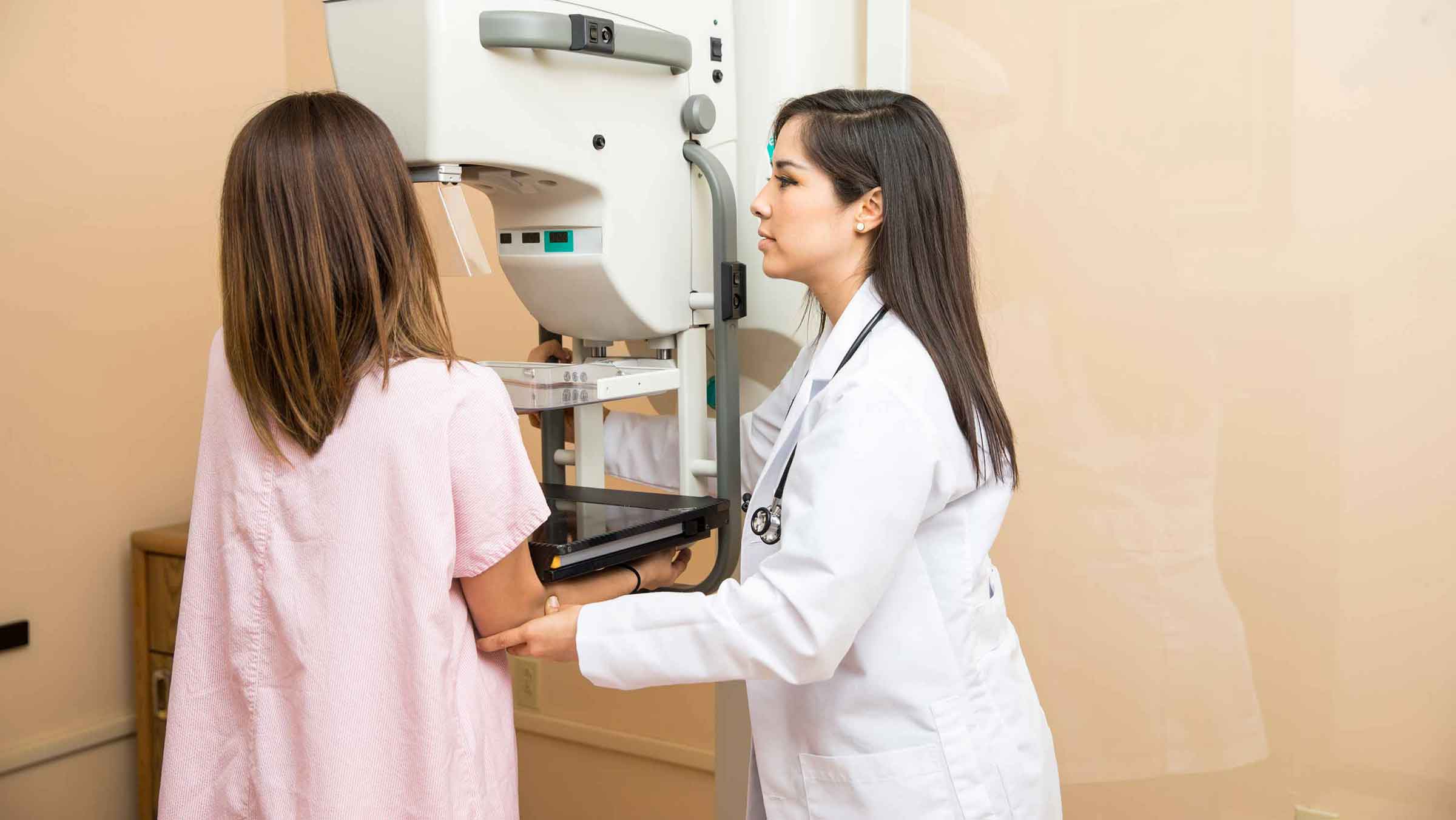-
Mon -Sun: 10.00Am - 2.00Pm
& 05.00Pm - 9.00 Pm
Taking care of you, from the inside out
Taking care of you, from the inside out
Home || Our Services || Cancer Screening
In order to diagnose cancer at an early stage, when therapy is most successful, cancer screening is an essential component of preventive healthcare. Gynecologists are essential in the field of women’s health since they administer and guide clients through numerous cancer screening treatments. This article explores the importance of cancer screening and explains why women should make routine screenings by gynecological specialists a priority.

Choose the best for yourself. Book your appointment today!

Symptoms may include abnormal vaginal bleeding, pelvic pain, changes in bowel or bladder habits, and unexplained weight loss.
Pap smears are highly effective in detecting precancerous changes and early stages of cervical cancer, allowing for timely intervention.
Yes, maintaining a healthy lifestyle, including regular exercise and a balanced diet, can contribute to overall wellbeing and potentially reduce cancer risk.
Diagnostic methods include mammograms, biopsies, and imaging tests. Early detection is crucial for successful treatment.
Yes, vaccines such as the HPV vaccine can help prevent cervical and other HPVrelated cancers. Regular screenings are still important